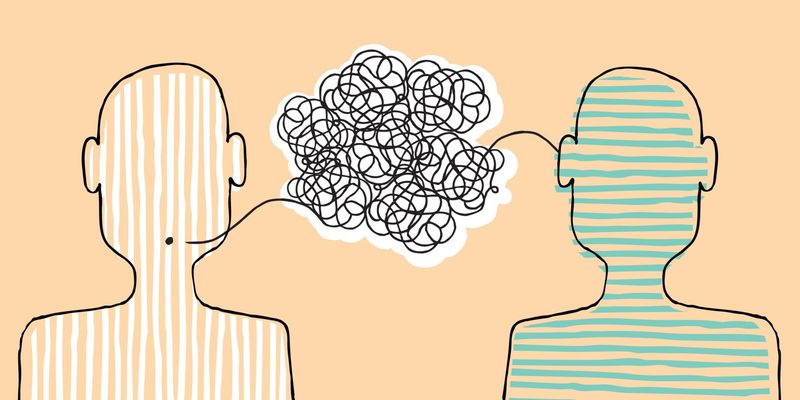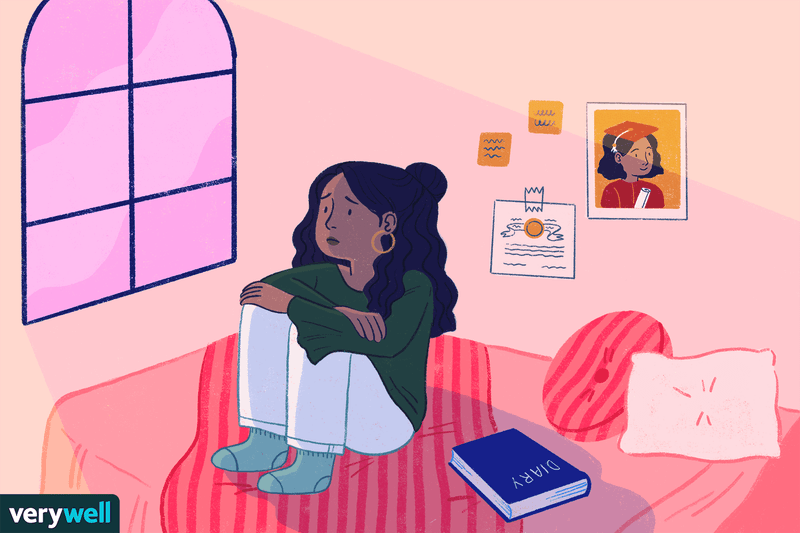Ever wondered why some people seem to have a permanent scowl when they look your way? It can be confusing and hurtful when others are consistently unkind. While it’s easy to blame ourselves, the truth is that people’s behavior often reflects their own struggles and insecurities. Sometimes, their meanness isn’t about you at all but rather a manifestation of issues they’re dealing with internally. Let’s explore 12 reasons why someone might be mean to you all the time, and how understanding these reasons can help you navigate such interactions with grace and empathy.
1. Insecurity

Insecurity can manifest as meanness. When someone’s self-esteem is low, they might lash out to make themselves feel superior. By belittling others, they distract themselves from their own perceived inadequacies. This behavior often stems from deep-seated personal issues, possibly rooted in past experiences.
If you notice someone frequently criticizing or undermining you, consider that their harsh words might be a mirror of their internal struggles. Offering empathy rather than retaliation can sometimes diffuse their defensiveness.
2. Jealousy

Jealousy is a powerful emotion that can turn even the friendliest of individuals into adversaries. When someone envies your achievements, they might try to undermine you. Their meanness stems from a sense of unfulfilled desires or envy of your success.
Envious people often struggle with their own achievements, making them prone to lashing out. Recognizing this behavior can help you respond with understanding, potentially transforming hostility into healthier communication.
3. Stress

Stress can cloud judgment and lead to uncharacteristic behavior, like being mean. When overwhelmed, people may be less patient and more irritable, inadvertently taking their frustrations out on others.
It’s important to remember that stress is often temporary. Giving someone the benefit of the doubt when they’re snippy can be a way to encourage a more supportive environment, rather than reacting with defensiveness.
4. Lack of Empathy

Some individuals struggle with empathy, making it difficult for them to relate to others’ feelings. This lack of understanding can come across as meanness because they don’t recognize the impact of their words or actions.
This characteristic might stem from their upbringing or personal experiences. Encouraging open dialogue can sometimes help them become more aware and considerate.
5. Power Dynamics

Power dynamics can lead to mean behavior, especially in hierarchical settings. When someone feels they have authority, they might use it to dominate or belittle others, mistaking fear for respect.
This behavior often reflects their need to assert control or mask their own insecurities. Recognizing the root of this behavior can help you maintain your confidence and address the situation assertively.
6. Miscommunication

Miscommunication is a common source of conflict, leading to unintended meanness. When words or intentions are misunderstood, it can cause friction and hurt feelings. Often, the meanness isn’t intentional but rather a result of crossed wires.
Clarifying the message and ensuring both sides are heard can resolve many such issues, turning potential resentment into mutual understanding.
7. Cultural Differences

Cultural differences can sometimes be mistaken for meanness. What is considered polite in one culture might be seen as rude in another. These misunderstandings can lead to unintended hurt feelings.
Approaching such situations with curiosity and openness can foster better communication and mutual respect, minimizing the chances of perceived meanness.
8. Past Trauma

Past trauma can shape how individuals interact with the world, sometimes resulting in mean behavior. If someone has experienced significant hurt, they might develop a defensive mechanism, lashing out to protect themselves from perceived threats.
Understanding that their behavior is a shield rather than an attack can help in approaching them with compassion and patience.
9. Mirror Effect

The mirror effect is when someone reflects the behavior they receive. If they’re often treated with disrespect, they might unconsciously emulate that behavior towards others. This can create a cycle of negativity.
Breaking this cycle requires self-awareness and the willingness to engage with others more positively, even when faced with hostility.
10. Over-competitiveness

Over-competitiveness can breed meanness, as individuals who are overly focused on winning may disregard others’ feelings. This drive can lead them to use harsh tactics to get ahead.
Realizing the importance of balance between competition and camaraderie can help mitigate this behavior, promoting a healthier competitive spirit.
11. Lack of Self-awareness

A lack of self-awareness might cause someone to be unintentionally mean. These individuals may not realize how their actions affect others, leading to unkind interactions.
Encouraging feedback and self-reflection can help them become more attuned to their behavior and its impact, fostering more harmonious relationships.
12. Habitual Behavior

For some, meanness is habitual. They might have developed this behavior over time, often without realizing its negative impact. It becomes their default mode of interacting with others.
Changing such ingrained behavior requires conscious effort and sometimes external support to foster more positive interactions.

Well, hello there!
My name is Jennifer. Besides being an orthodontist, I am a mother to 3 playful boys. In this motherhood journey, I can say I will never know everything. That’s why I always strive to read a lot, and that’s why I started writing about all the smithereens I came across so that you can have everything in one place! Enjoy and stay positive; you’ve got this!

